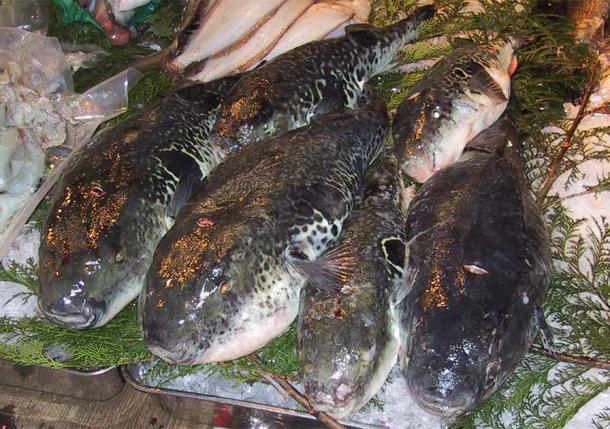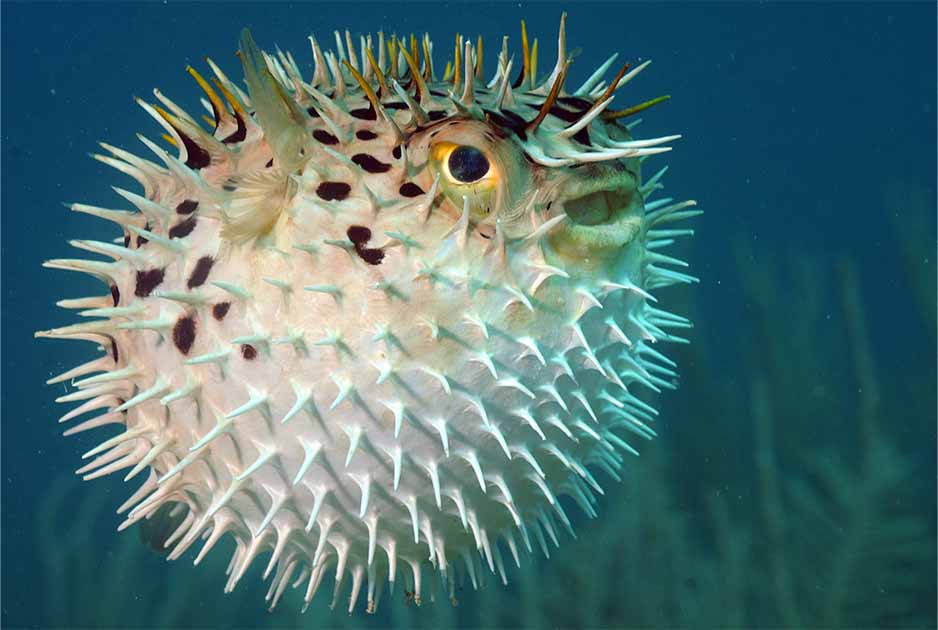Ancient People Consumed Highly Toxic Blowfish as an Aphrodisiac
The allure of aphrodisiacs stretches far back into the annals of human history. These mysterious substances, believed to enhance sexual desire and performance, were often sourced from nature's most enigmatic creations. One of the most hazardous choices, the blowfish, stands out not just for its toxic reputation but also for its unexpected association with sexual desire, especially in ancient Japanese culture.
The blowfish, also known as the pufferfish or 'fugu' in Japan, is infamous for its lethal levels of tetrodotoxin. When ingested in tiny amounts, this toxin can lead to paralysis and death. Yet, its deadly reputation did not deter ancient cultures from incorporating the fish into their culinary and romantic rituals.
The aphrodisiac reputation of the blowfish likely has multiple origins. In some cultures, consuming something so perilous was believed to confer strength and bravery to the consumer. If one could survive the potentially lethal kiss of the pufferfish, they were endowed with enhanced virility and sensual power.
- Medieval Aphrodisiacs: Body Scented Bread Dough!
- The Aphrodisiacs that Spiced Up Sex Lives in the Ancient World

Torafugu for sale to master fugu chefs at the Tsukiji fish market in Tokyo (Chris 73 / CC by SA 3.0)
In ancient Japan, the allure of the pufferfish was not solely linked to its poisonous nature. The preparation and consumption of fugu was, and still is, a sophisticated culinary ritual. The thrill of dining on the edge of danger combined with the meticulous artistry of its preparation made the experience an exotic blend of fear, respect, and sensual anticipation.
As time passed, the allure of fugu as an aphrodisiac began to wane, especially with increased awareness of its dangers and the many tragic incidents of poisoning. Between 1996 and 2006, 64 people were hospitalized with fugu poisoning and six died.
Modern Japan, with its stringent regulations on fugu preparation and consumption, views the fish more as a delicacy than an enhancer of romantic pursuits. Only chefs with rigorous training and certification are allowed to prepare the dish, ensuring safety for those adventurous enough to try it.
The blend of danger, artistry, and cultural significance surrounding the pufferfish makes it one of history's most intriguing aphrodisiacs. While its romantic reputation might have dimmed in contemporary times, the pufferfish remains a symbol of the lengths to which civilizations will go in their pursuit of love and passion.
Top image: Pufferfish – also known as the blowfish or fugu. Source: ftlaudgirl / Adobe Stock.

















